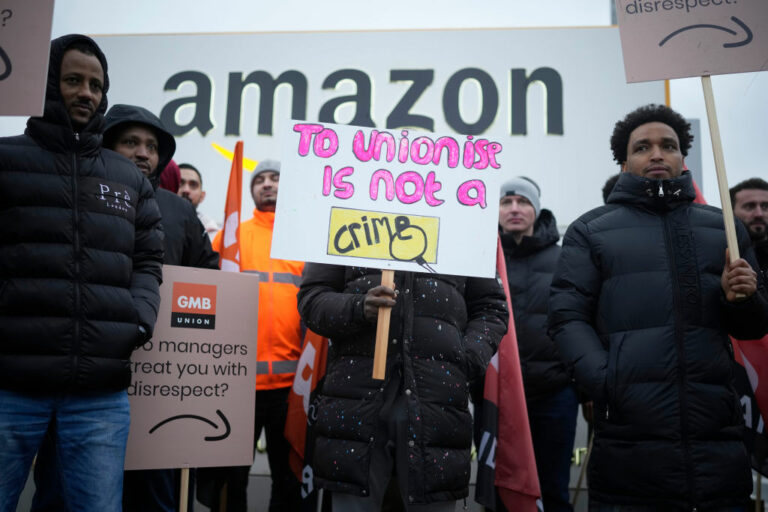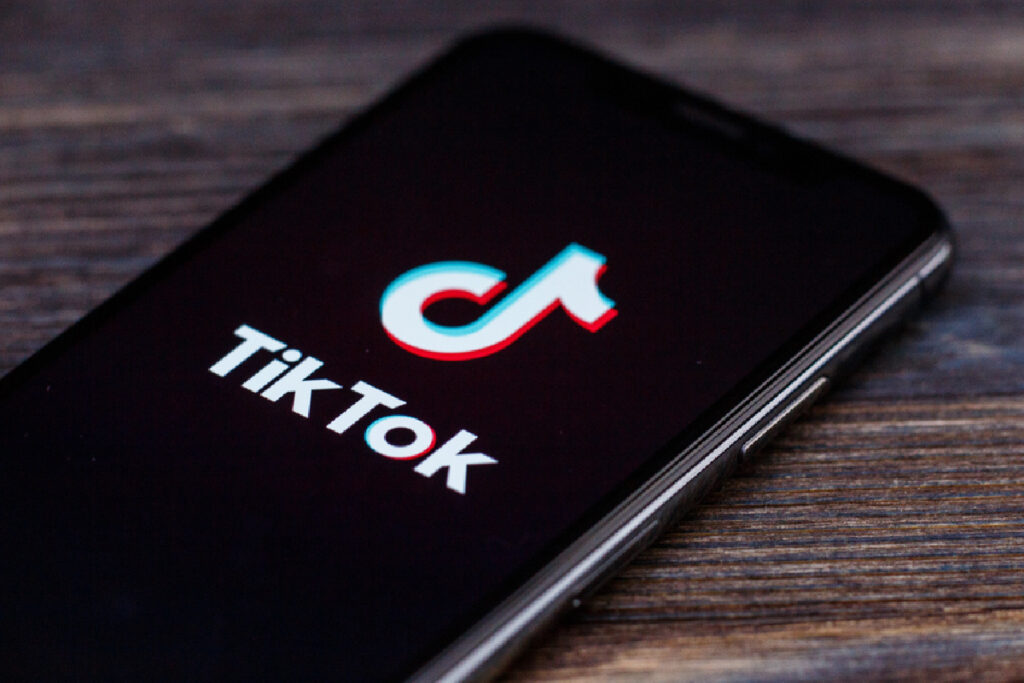The John Lewis Christmas ad has a different feel to usual this year, and is very much focused on social matters rather than consumerism.
Meanwhile, The Co-op said it is ditching its Christmas advert in 2022 in a bid to raise awareness on community food projects that will help Brits pick up food at a discount, which should help in light of inflation soaring to a 40-year high.
There is certainly a nod to the wider macroenvironment in many retailer ads at present, following on from several campaigns launched earlier this year by the likes of B&Q, Halfords, and Boots focused on promoting – among other things – value ranges, price matching, and goods that can help bring down household bills.
Retailers have read the room. Consumer purse strings have tightened, as rising inflation and the mounting cost of goods means discretional spend is limited, and it has prompted businesses into more considered marketing tactics.
This was one of the key discussions raised at a Retail Gazette roundtable on 17 November, as representatives from Farfetch-owned Browns Fashion, Footlocker, John Lewis, L’Oreal, Sainsbury’s, Studio Retail, and Tails.com joined the breakfast event which ran in partnership with tech company SheerID.
During the event, guests tackled issues such as what represents value to consumers in today’s world, why Black Friday deals have started earlier than usual in 2022, and the importance of honing in on and targeting the right consumers with tailored discounting.
Reducing prices and shifting inventory
Retailers at the roundtable agreed there is a lot of discounting going on, prompted by a combination of factors including high levels of inventory left over from the pandemic and the need to find ways to trigger consumer spending in a difficult environment.
Some retailers started Singles’ Day promotions much earlier than usual, while others launched Black Friday deals in early November – both, it would seem, as attempts to give people motivation to spend if they can afford to.
But one roundtabler admitted that it is “dangerous territory” for retailers to get themselves into, as it can often be “difficult to claw your way back” from heavy discounting once it has started.
The trick, said another guest, is to promote “quality and value” rather than simply low price. And that, they explained, comes with building a brand proposition that resonates with customers on several different levels – including environmental matters, giving the ability to spread payments in an affordable way, and rewarding one’s best shoppers.
Peter Harewood, an independent consultant attending the event, says this time of year needs to be about capturing market share.
“How do we build out audience needs to be the question at this time of year, especially in a difficult economic environment,” he explained.
“Consumers have so much choice so retaining them for more than a one-off spend is hugely valuable and the sign of a successful retailer.”
Focus on the best customers
The roundtable attendees spoke of the importance of data analysis and insights to identify their best shoppers. One way of boosting retention, especially in difficult fiscal environment, is to offer specialised services or unexpected rewards for the highest spenders, said one guest.
“It’s about surprising and delighting our high-value customers as a ‘thank-you’ for their patronage,” explained another attendee.
“It’s this type of activity that can really help build loyalty and affiliation with a brand.”
Data is the new gold, argued another retailer, who said that there is a price war going on with competitors at the moment but the extra value a business can give a customer comes with astute data analysis and acting on those insights – not necessarily reducing prices.
Roundtablers discussed the growing importance of retailers getting their hands on first-party data, in light of the ongoing depreciation of online cookies and enhanced security measures from the big tech players making tracking and marketing consumers online via third parties more difficult.
One retailer said that it is not just getting hold of data that will be crucial, but “making sure content in own channels is perfect and relevant to provide the experience customers are looking for”.
Another guest described the importance of “content as a service”, saying retailers and brands increasingly need to offer more than just something to sell if they are to keep customers and build loyal followings.
Loyalty 2022 and the year ahead
In a previous roundtable run by Retail Gazette, a retailer said “if you want loyalty, buy a dog”, insinuating that customers are fickle and have too much choice to continue to get behind one brand consistently.
The roundtablers agreed that it is increasingly difficult to get shoppers to come back time and again, but contextualised the above statement in different ways.
“People are loyal to experiences, not products,” said one, underlining how crucial it is to work on building strong customer service and additional reasons to shop with a brand rather than focusing on the inventory and price of goods per se.
Another commented: “People maybe have a perceived loyalty to a brand – and that is particularly the case with heritage or long-running players on the high street – but the truth is they don’t necessarily buy from the brand anymore.”
Such a comment highlights the difficulty retailers face in this current climate. Sometimes even if they evoke positive sentiment from consumers, so-called fans of the brand are not necessarily buying from them.
Retailers discussed how loyalty will be tested severely in the new year, with one saying retailers need to realise that loyalty in retail “is not just a loyalty programme – it’s how you talk to customers, your overall offering, and how you resolve issues when things go wrong.” Another said January is going to be “awful” for many retailers, as customers rein in their spending further.
Samantha Phillips, head of direct at Tails.com, added: “There will be a large group of people who won’t be able to afford to be loyal to their favourite brand in the new year – people will just go after the offers.”
Against this backdrop, it is perhaps no surprise to see many retailers trying new things with their marketing and launching unique campaigns with a focus away from product alone. Those at the roundtable agreed there will be more of that activity well into 2023.
Francois Rychlewski, vice president of sales EMEA at SheerID, who joined the roundtable, said despite the economic pressures consumers are facing, retailers “must be careful not to get embroiled in a race to the bottom” when it comes to discounting.
“Retailers should be looking to discount to specific communities,” he explained.
“Whether that is rewarding their best customers or targeting specific demographics there are ways of driving sales and loyalty through special offers without cannibalising the whole business.”
Rychlewski added: “We find that brands are finding success with deploying exclusive, personalised offers to high potential segments in their consumer base. For example, you could create an exclusive offer for teachers getting ready to go back to school or give students offers they can’t refuse throughout key moments in their lives like graduation.
“We advise the retailers and brands we work alongside to take a moment to recognise the consumer communities that are important to their brand. By tailoring promotion that way, the customer base will be thankful while you enhance your brand reputation.”


















